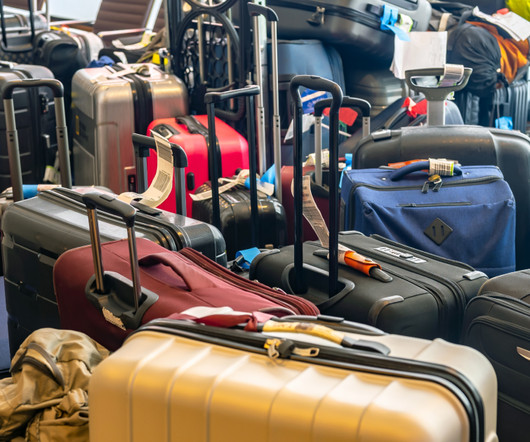Resilinc’s Q1 2023 Supply Chain Disruption Data
Resilinc
APRIL 19, 2023
Labor and Transportation Disruptions are Up Resilinc data shows labor disruptions were up 107% year-over-year. Faced with inflation, layoffs, and long hours, transportation employees are taking action in the form of strikes and protests. Airport disruptions are up 86% QoQ — largely due to these labor strikes and worker shortages.
















Let's personalize your content